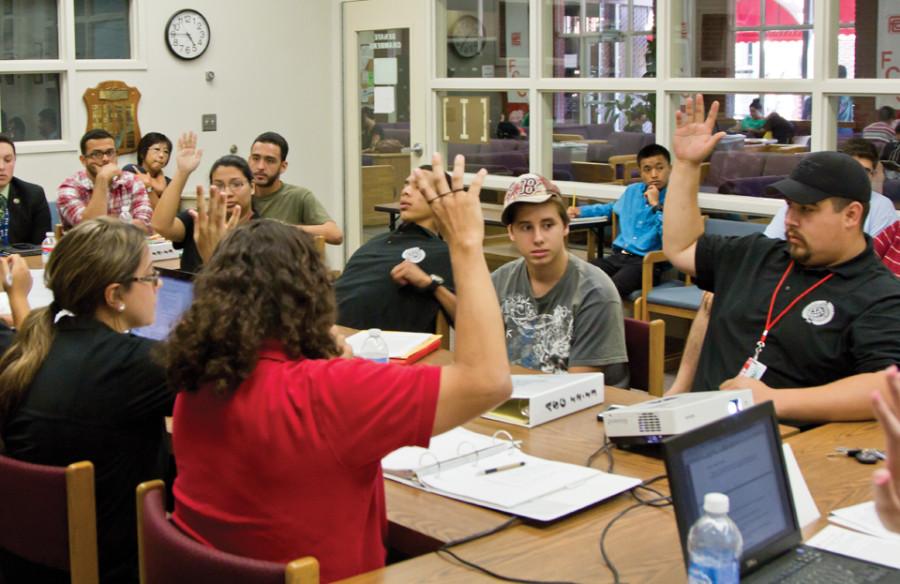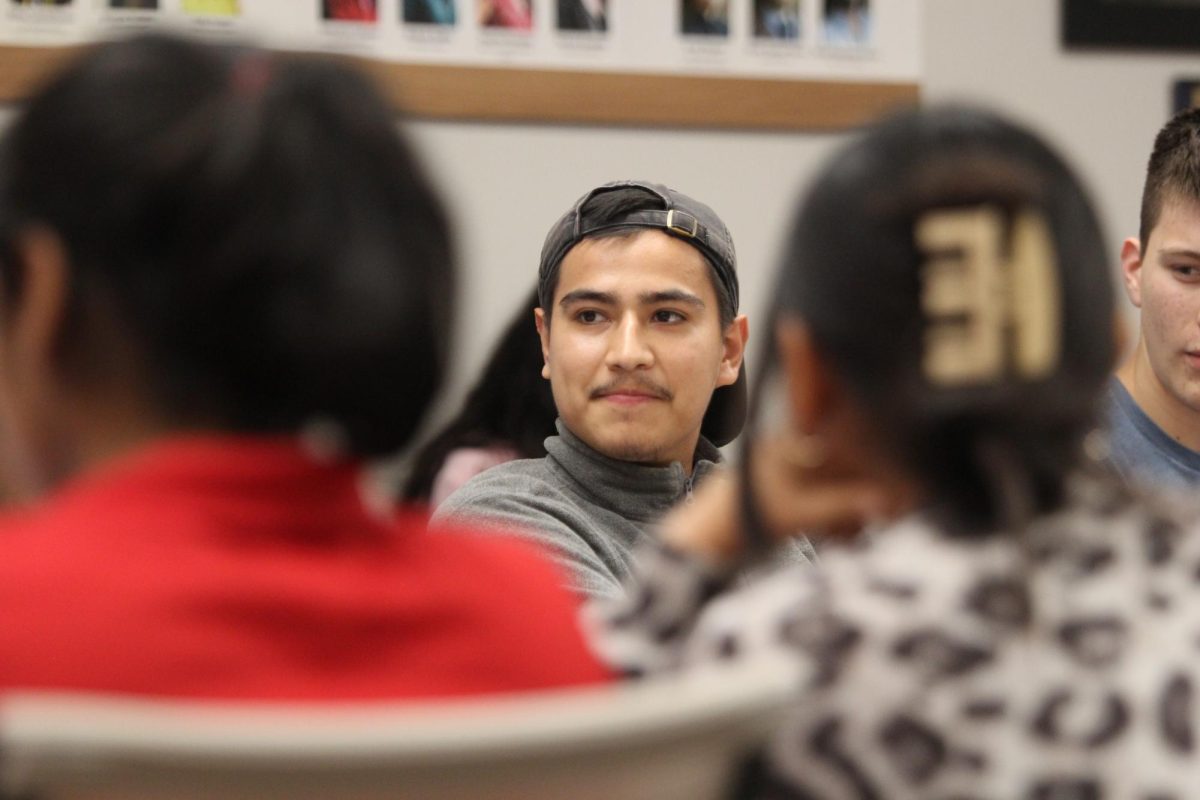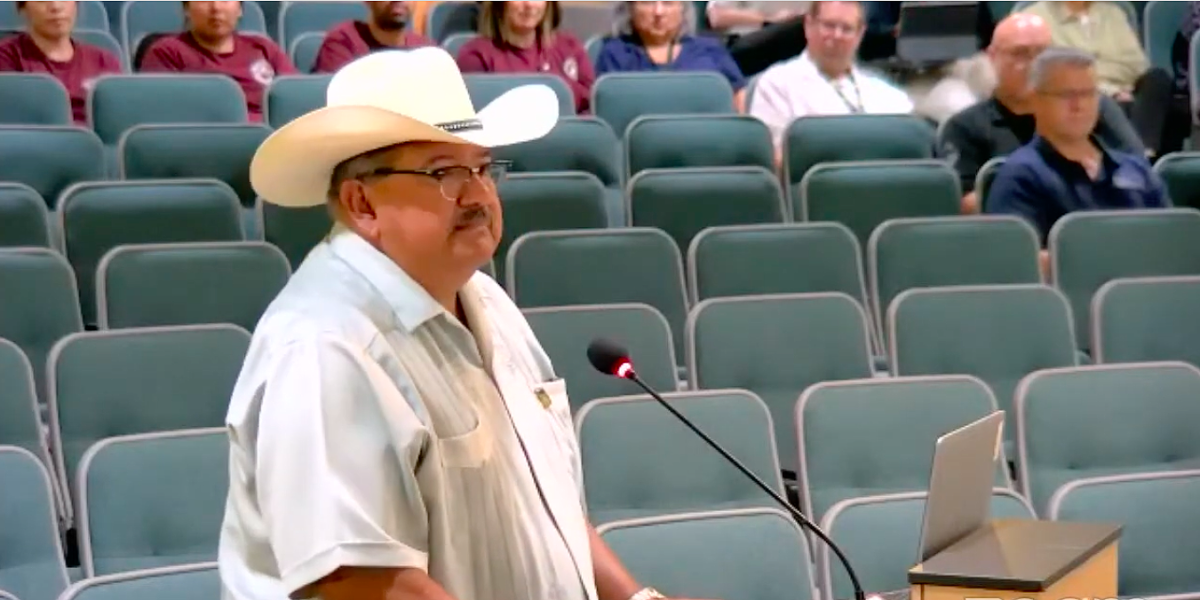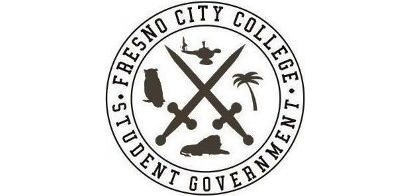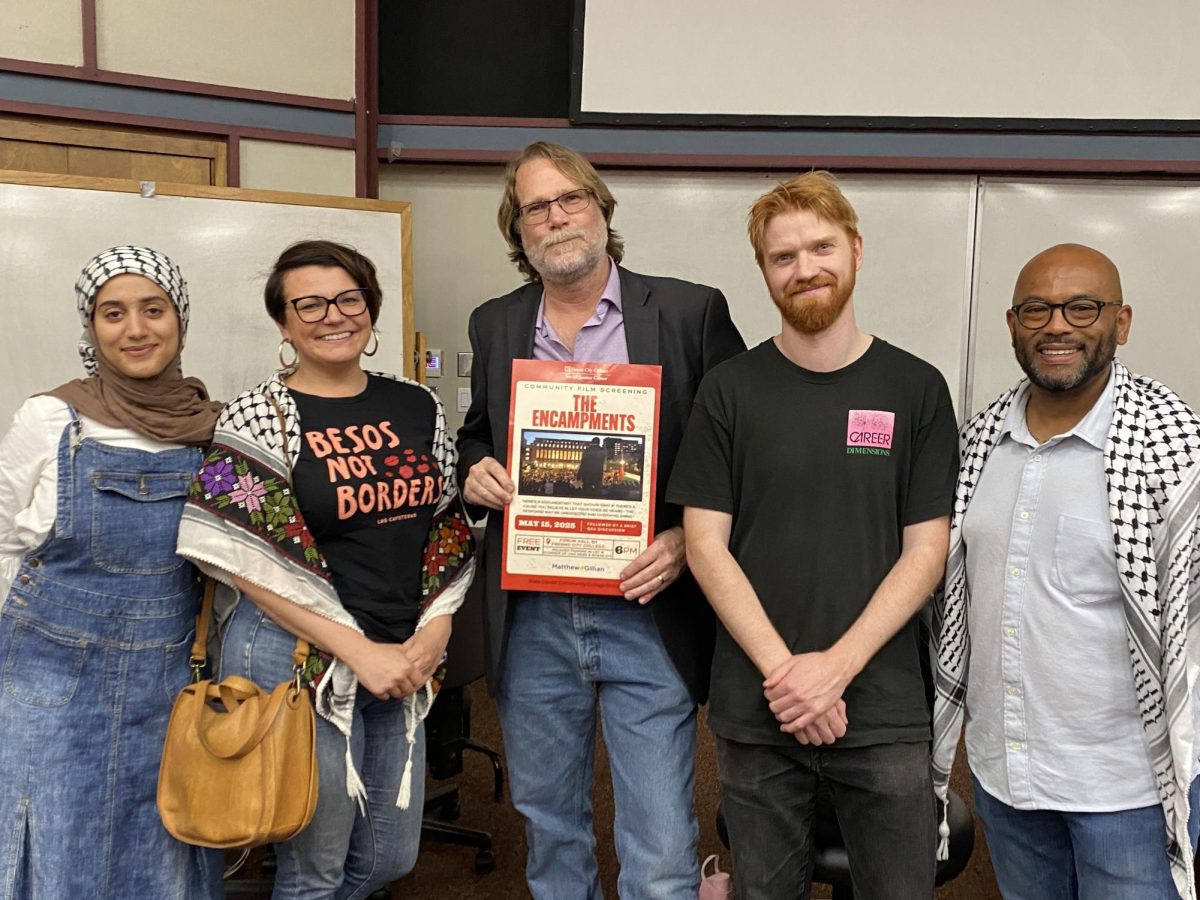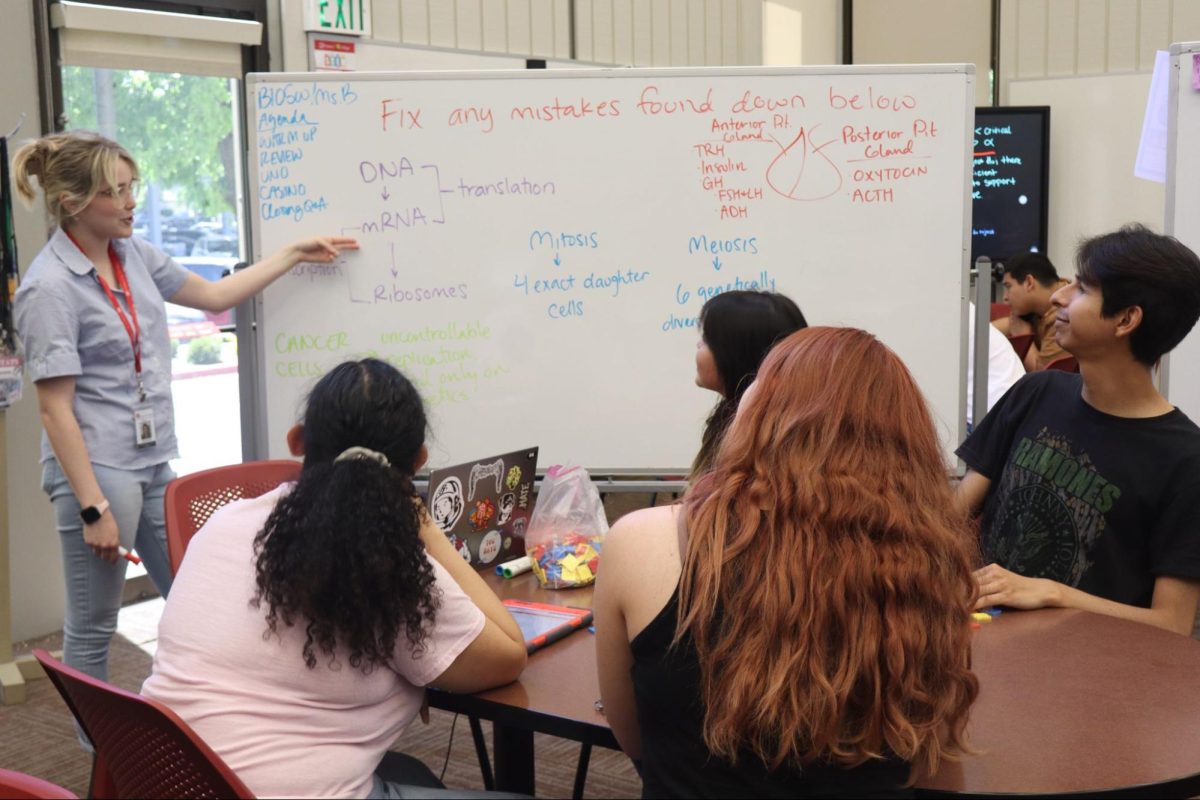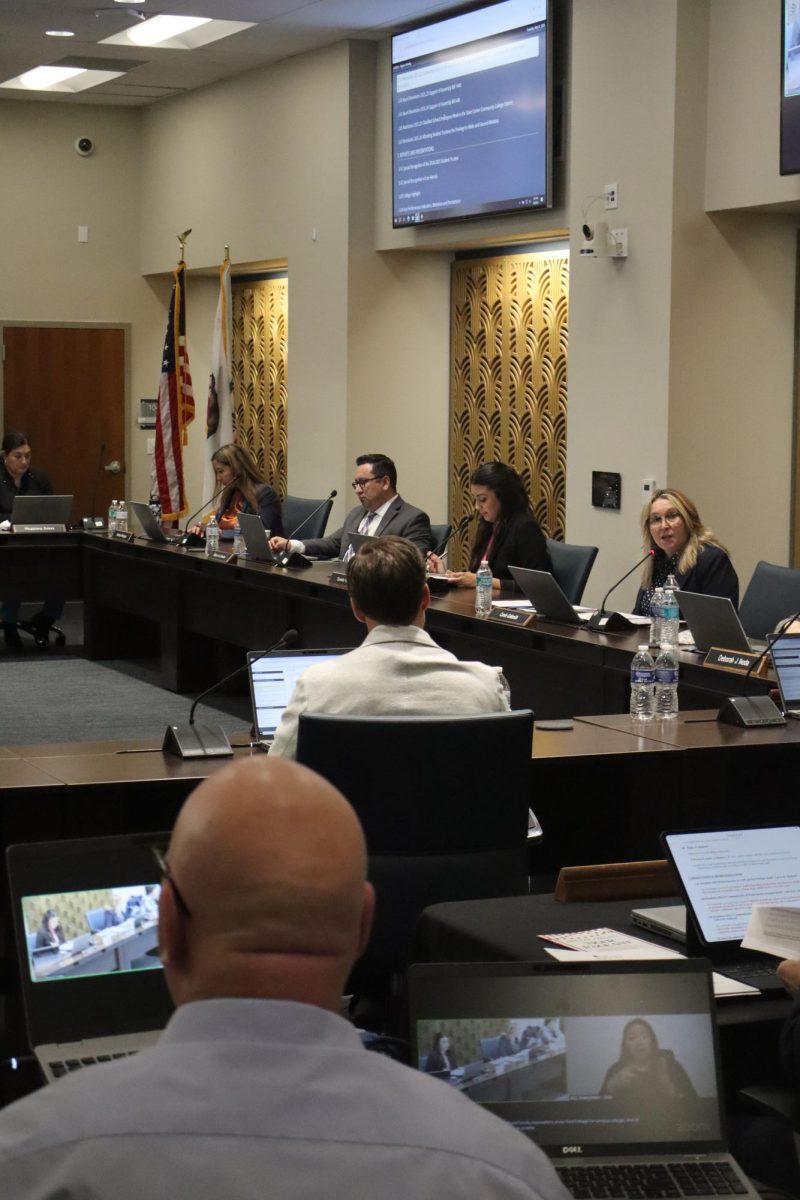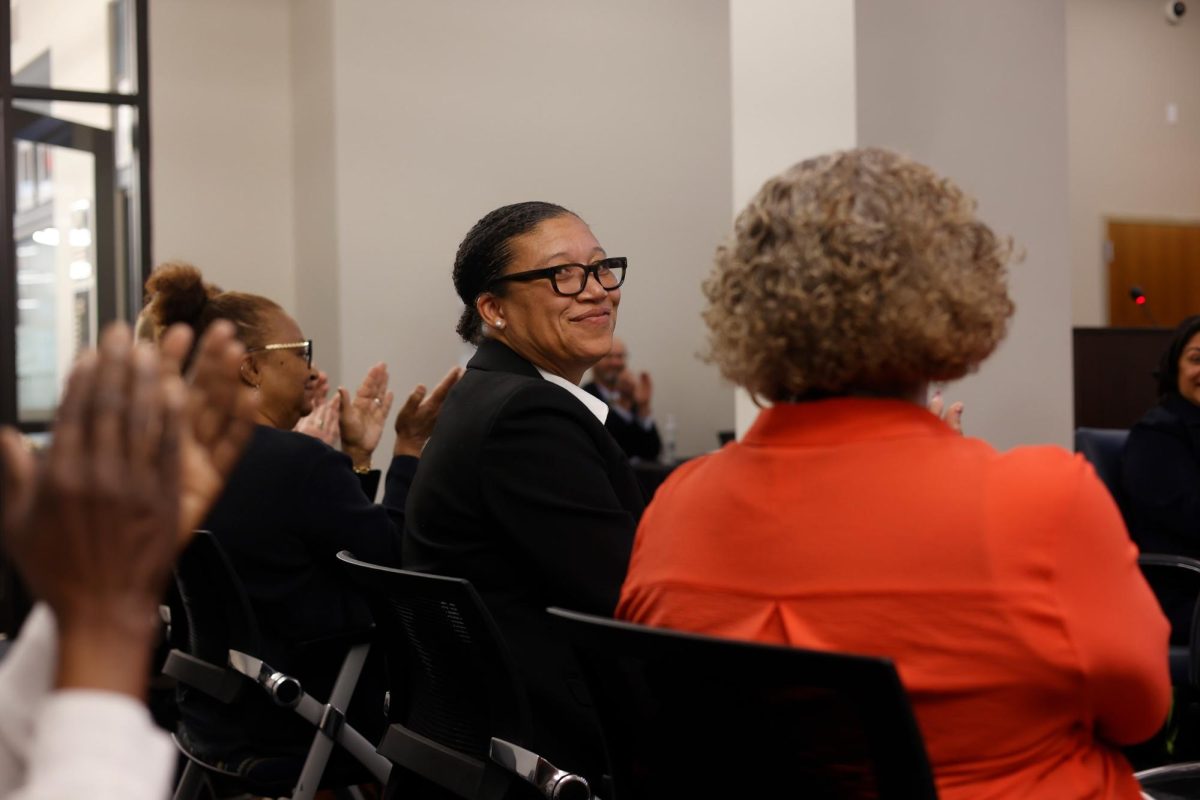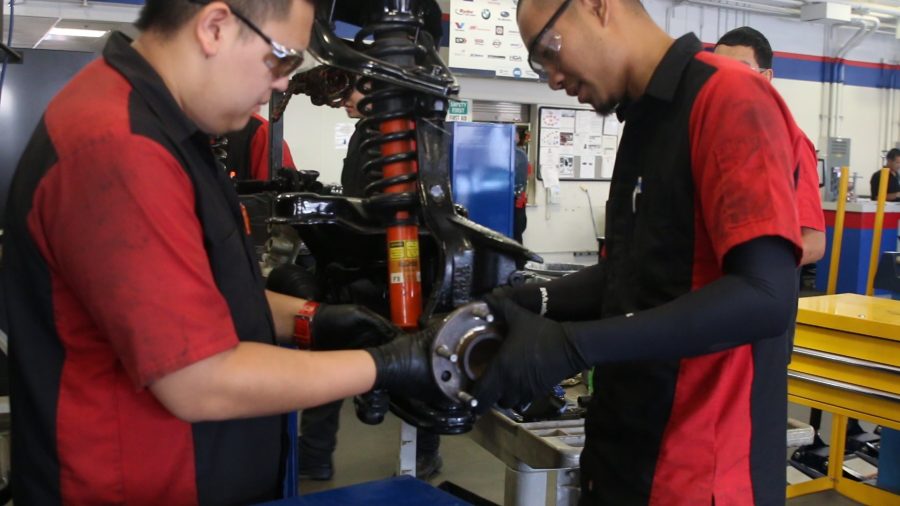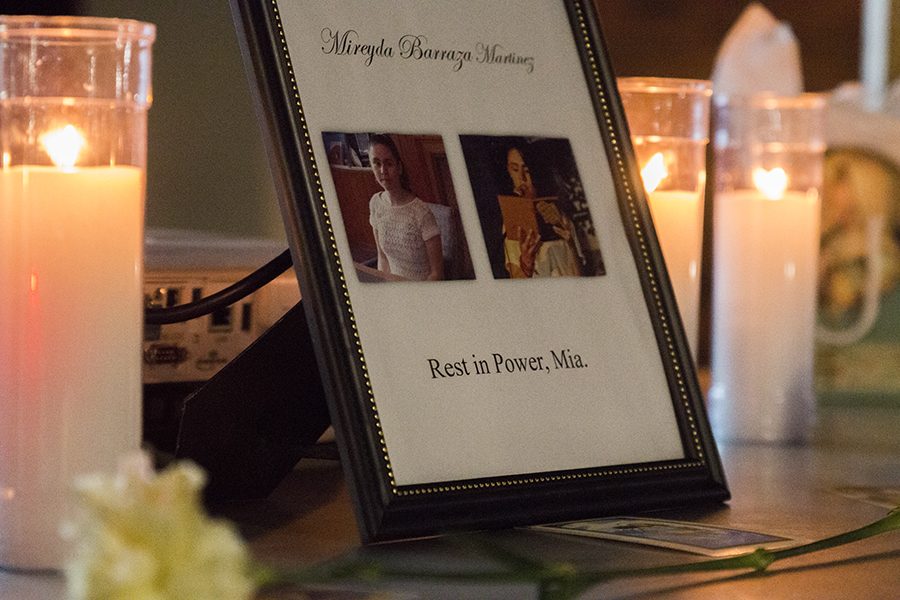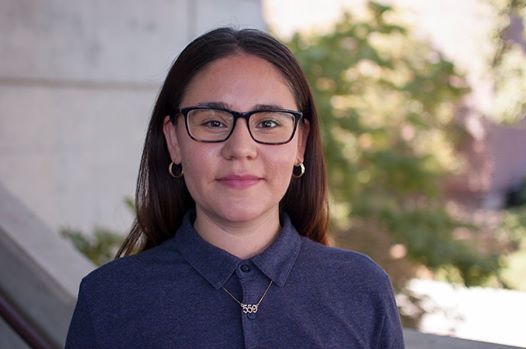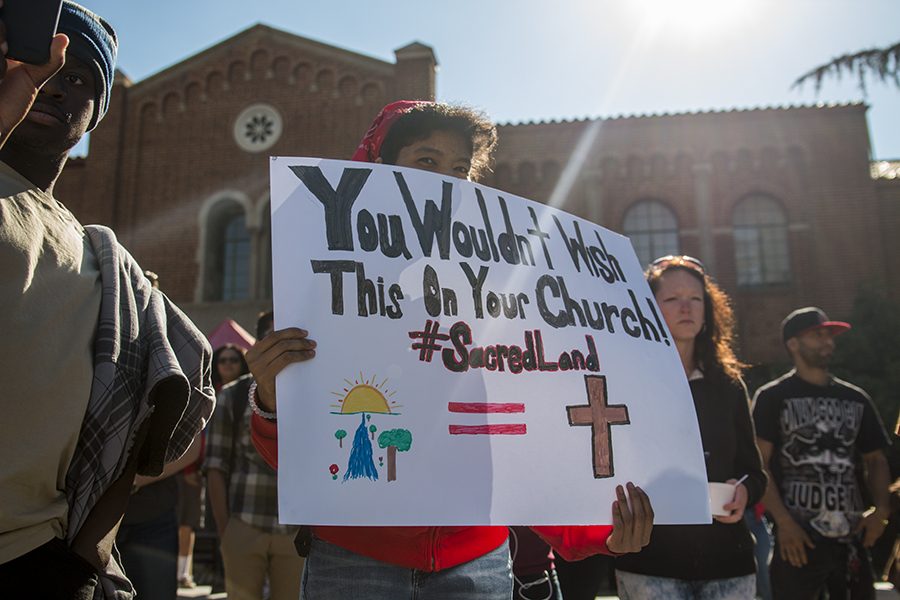Did the Associated Student Government of Fresno City College violate the First Amendment rights of an elected senator by suspending him for voicing dissent on YouTube?
Did the organization violate the California Brown Act in the conduct of its meetings?
ASG Senator James Demaree was suspended by advisor Sean Henderson on Aug. 23, the same day he posted a YouTube video in which he criticized ASG and several of its members.
Henderson notified Demaree of the suspension via email. “Due to your recent actions, you are hereby suspended from performing any ASG activities until further notice,” the mail stated. “This includes attending any campus committee meetings on behalf of ASG or entrance into the ASG offices.”
Demaree maintains that while his comments and allegations on YouTube may have been controversial and possibly unwarranted, he cannot be legally penalized for stating his opinions, according to state law and Education code.
The California Education code 66301(a) states, “Neither the Regents of the University of California, the Trustees of the California State University, the governing board of a community college district, nor an administrator of any campus of those institutions, shall make or enforce a rule subjecting a student to disciplinary sanction solely on the basis of conduct that is speech or other communication that, when engaged in outside a campus of those institutions, is protected from governmental restriction by the First Amendment to the United States Constitution or Section 2 of Article I of the California Constitution.”
The provision protects students from being penalized by college authorities for exercising their legal right to free speech.
Furthermore, there is no language in ASG’s Constitution or By-Laws that grants Henderson, who is also the director of student activities, the authority to suspend any member of the organization.
Additionally, according to the college’s Student Standards of Conduct, all disciplinary actions resulting from students’ infractions should go through Dr. Chris Villa, vice president of Student Services. This was not the process followed in Demaree’s case.
President Tony Cantu confirmed this in a recent interview. “Those student discipline issues are handled by the Vice President of Student Services [Dr. Chris Villa],” he said, adding he had nothing to do with Demaree’s suspension.
Villa met with Demaree on Aug. 27 and told the Rampage he was “convinced that he [Demaree] should be able to participate in his role as an ASG Senator.” Villa recommended that the suspension be lifted two days later.
Insisting he wasn’t a legal expert, Villa declined to comment on whether or not FCC was within its legal rights in suspending Demaree, but he stated support for the actions taken by Henderson. He also said that the issue came to his attention on a Friday and he to resolve it early the following week.
Villa referred the Rampage to Sean Henderson for further clarification on whether an advisor can remove a student from an organization. Henderson said he had no comments on the issue.
Adam Goldstein, an attorney advocate with the Student Press Law Center, said that Henderson had no power to suspend Demaree. “Unless the student government is incorporated, the powers they are using devolved by the institution. Which means, at the end of the day, the institution is on the hook whether they step in or not.”
Some students close to the conflict said that one reason for the suspension is that some ASG members claimed they felt threatened by the speeches in Demaree’s videos.
Demaree disagrees. I really don’t think anyone was threatened, I just think that they didn’t like that, so they used ‘threatened’ as a way to get me in trouble,” he said.
“I wouldn’t have been threatened if someone had said those things to me,” Demaree said. “I did look back to it, and I was very animated in my expressions. It was clear that I was angry and I was upset; how someone translates that to a threat, I don’t really know.”
Goldstein said, “If this was someone engaged in violent activity, they wouldn’t be suspended from ASG, they would be suspended from the college…. If there’s a legitimate fear for safety then you call the cops.”
Demaree has not been charged with breaking any ASG’s Constitution or By-Laws, FCC’s or State Center Community College rules, nor has he been accused of violating California state laws.
“The bigger question is why would you suspend someone for the content of their political speech? I don’t know why an advisor would think he has the authority of that to begin with,” Goldstein explained. “He was criticizing a political opponent; if you don’t want people to criticize you, this [politics] may not be the career choice for you.”
BROWN ACT
In its meeting on Aug. 28, ASG violated the Ralph M. Brown Act, the law that governs the open meeting requirement of local legislators in California, including student governments. It is a law that requires all government meetings to take place in public. It was implemented to promote transparency in the governing process.
The Brown Act offers strict guidelines for situations under which a legislative body can go into closed meetings. Closed sessions are limited to personnel issues, pending litigation, labor negotiations, property negotiations, and threats to public safety. In the meeting on Aug. 28, ASG motioned to enter a closed meeting citing the personnel issues clause.
The personnel clause in Government Code § 54957 specifies that closed sessions for a legislative body is “to consider the appointment, employment, evaluation of performance, discipline, or dismissal of a public employee…”
When ASG went into a closed session on Aug. 28 to deliberate on Senator Demaree, they announced they were going to discuss a “personnel matter”. In doing so, they may have broken the law which states that “the term ‘employee shall include an officer or an independent contractor who functions as an officer or an employee but shall not include any elected official, member of a legislative body or other independent contractors.”
Demaree is not an employee, and ASG’s closed session is a misinterpretation of the law.
Advisor Henderson instructed ASG that their actions would be legal under the same provisions that other bodies, such as the Board of Trustees, use to discuss employee matters.
He clarified, “If the board of trustees goes into closed session, let’s say one of them is to decide who to hire for a position, they go into closed session; they’ll discuss the candidates.”
Demaree is not an employee of Fresno City College or the City of Fresno or the State of California. Demaree is an elected senator of the Fresno City College Associated Student Government which excludes him from being classified as personnel under the Brown Act.
Records of what took place during the Aug. 28 closed session are not publicly available, the results of the deliberation of the senate were to table the issue until Sept. 4. Demaree was not present in the closed session due to his suspension.
“Normally when there is a closed session and it’s disciplinary, the individual is allowed to respond or make a statement,” said FCC President Cantu. At the time of the closed session, Demaree was on suspension and barred from entering the meeting.
IMPEACHMENT
At the Sept. 4 meeting, ASG continued its deliberation and ultimately resolved to move forward with a removal process that could revoke Demaree’s senatorial position. No official arguments were heard. They are set to begin Sept. 11.
In order for Demaree to be impeached, The ASG Constitution states that he “must be awarded a fair and impartial hearing.” The By-Laws is specific on reasons for removing an elected member — excessive absence and/or incompetence in performance. Demaree can only be impeached by a three-quarters vote.
If impeached, he has the right to appeal to the Constitutional Appeals Committee, which is appointed by the ASG President and advisor, with the consent of the senate.

